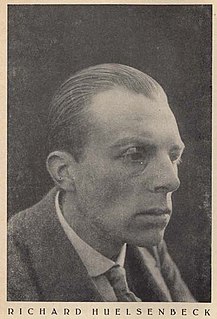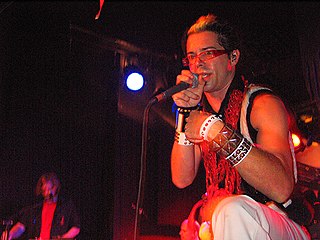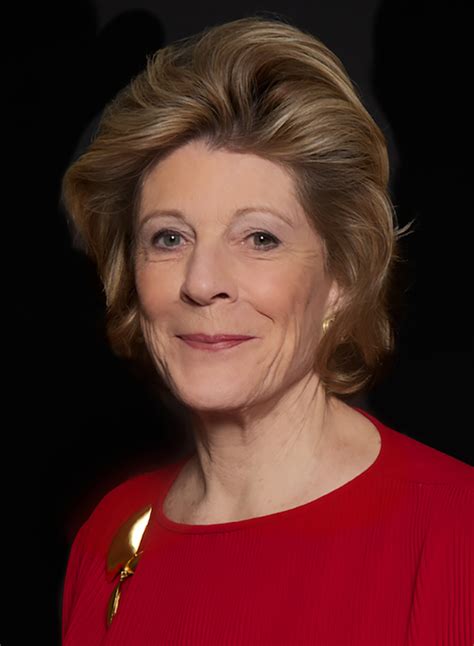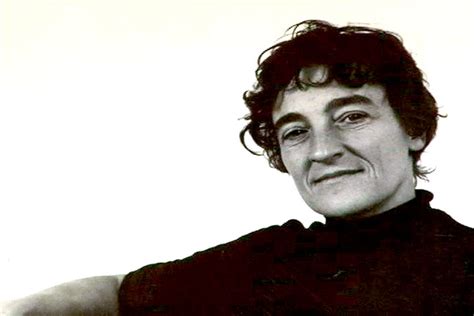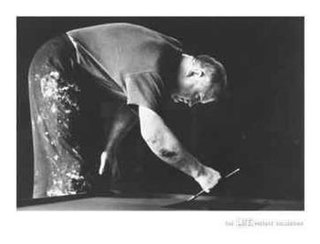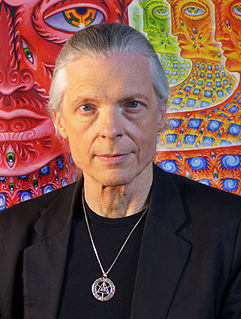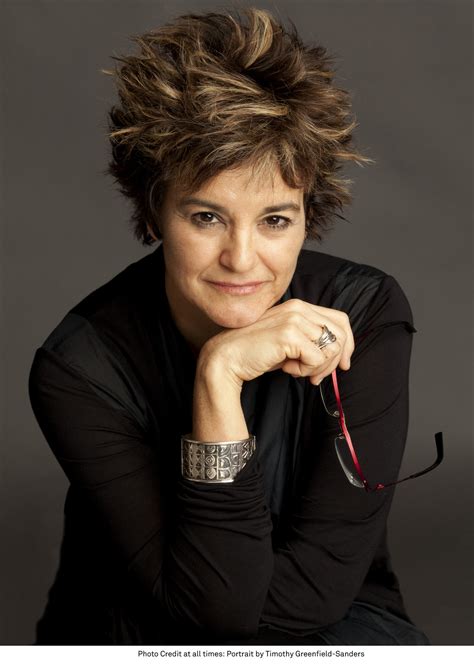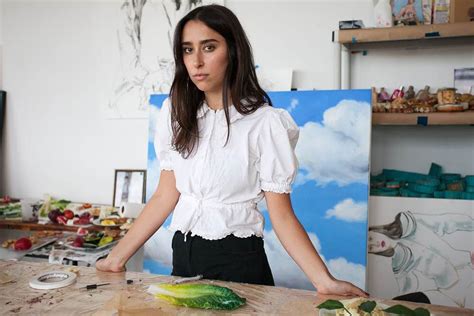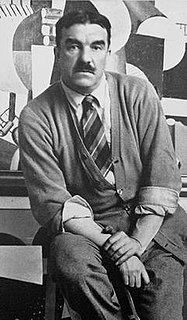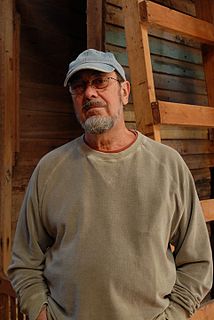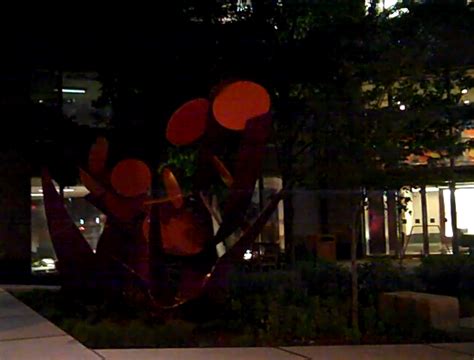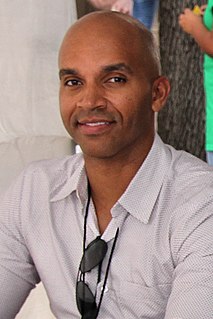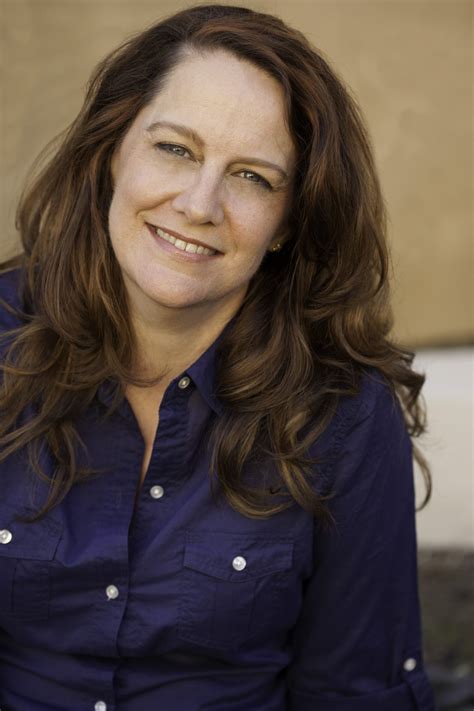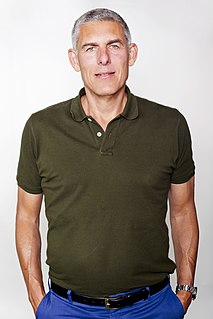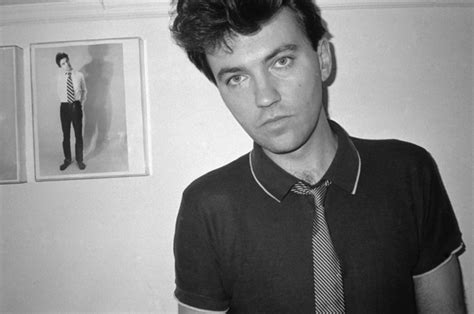Top 1200 Art And Artists Quotes & Sayings
Explore popular Art And Artists quotes.
Last updated on April 14, 2025.
Art in its execution and direction is dependent on the time in which it lives, and artists are creatures of their epoch. The highest art will be that which in its conscious content presents the thousandfold problems of the day, the art which has been visibly shattered by the explosions of last week The best and most extraordinary artists will be those who every hour snatch the tatters of their bodies out of the frenzied cataract of life, who, with bleeding hands and hearts, hold fast to the intelligence of their time.
Has it led you to the conclusion that photography is an art ? Or it is simply a means of recording ? "I'm glad you asked that. I've been wanting to say this for years. Is cooking an art ? Is talking an art ? Is even painting an art ? It is artfulness that makes art, not the medium itself. Of course photography is an art - when it is in the hands of artists."
Only recently serious research into the relationship between photography and art has taken place. Why has it been so long in coming ? In some respects historical research is analogous with that of science. The bringing to light of factual material and the development of ideas is to a large extent cumulative. But when artists themselves were, from about 1910, beginning to tear down the bastions protecting Art in its ivory tower, questioning the idea of Art with a capital 'A', photography was inevitably to assume a new stature both in the eyes of artists and the public, too.
Art is a path on which we honour our world. Art may not be the only path, but it is a good path, even though at times a difficult one. As bearers of this honour, we artists do not need to simply render our world as we see it but as we might ourselves redesign it. As artists, one of our privileges is to invent.
I personally have never trusted museums. ... It is because museums, broadly speaking, live off of the art and artifacts of others, often art and artifacts that have been obtained by dubious means. But they also manipulate whatever it is they present to the public; hence, until Judy Chicago, in the 1970s ... few women artists were hung in any major museum. Indian artists? Artifacts only, please. Black artists? Something musical, maybe? And so forth.
I believe Picasso's success is just one small part of the broader modern phenomenon of artists themselves rejecting serious art- perhaps partly because serious art takes so much time and energy and talent to produce-in favor of what I call `impulse art': art work that is quick and easy, at least by comparison.
At one point cinema and photography weren't treated as art. Now it's crazy to think they're not. The key question is "What is art today?" The most important artists of the last 20 years are Steve Jobs and Jonathan Ive, because the influence they have had is incredible and they've changed the world. That is art.
I think that a lot of artists have succeeded in making what I might call "curator's art." Everybody's being accepted, and I always want to say, "Really? That's what you've come for? To make art that looks a lot like somebody else's art?" If I am thinking of somebody else's art in front of your art, that's a problem.
Well, Daddy, I used to believe that artists went crazy in the process of creating the beautiful works of art that kept society sane. Nowadays, though, artists make intentionally ugly art that’s only supposed to reflect society rather than inspire it. So I guess we’re all loony together now, loony rats in the shithouse of commercialism.
Warhol and other Pop artists had brought the art religion of art for art's sake to an end. If art was only business, then rock expressed that transcendental, religious yearning for communal, nonmarket esthetic feeling that official art denied. For a time during the seventies, rock culture became the religion of the avant-garde art world.
I love knowing and learning about people around the world displaying my art online. Also, it's how I learn about new artists that are in various parts of the world. The positive thing about Tumblr and Instagram is that they're a fantastic platform for art lovers. I also like, when I search for my art and it says, "see also or related artists," and I see those other artists that relate to me, at least according to the internet. I think it's fascinating - it's interesting to see hashtags people are using in relation to my work. It's another tool of communication.
What makes art Christian art? Is it simply Christian artists painting biblical subjects like Jeremiah? Or, by attaching a halo, does that suddenly make something Christian art? Must the artist’s subject be religious to be Christian? I don’t think so. There is a certain sense in which art is its own justification. If art is good art, if it is true art, if it is beautiful art, then it is bearing witness to the Author of the good, the true, and the beautiful
There are some very powerful contributions to knowledge in the scientific world or the legal world, but art is singular. That's why every dictator gets rid of the artists first. They burn the books and execute the artists first. Then they get on with whatever else they're interested in. Art might do something. It's dangerous.
My tiny baby blossoming art collection is comprised of works by artists I have either assisted or been mentored by, artists I am friends with, or artists I have traded with. As much as I want to and aspire to acquire works from established artists, I love acquiring works from my contemporaries in order to participate in this moment in time. The advice I would give is know what you like, take your time, and invest in things you feel connected to, as opposed to buying something because it seems cool or "of-the-moment."
The feat of superbly imitating a muscle, as Michelangelo did, or a face, as Raphael did, created neither progress nor a hierarchy in art. Because these artists of the sixteenth century imitated human forms, they were not superior to the artists of the high periods of Egyptian, Chaldean, Indochinese, Roman, and Gothic art who interpreted and stylized form but did not imitate it.
Artists raise their kids differently. We communicate to the point where we probably annoy our children. We have art around the house, we have books, we go to plays, we talk. Our focus is art and painting and dress-up and singing. It's what we love. So I think you can see how artists in some way raise other artists.
I've watched so many women, from Kathleen Hanna all the way up to Taylor Swift, whether they're pop artists or rock stars or fine artists or writers, it is the subhistory of female artists that if you're going to make art, you're also going to have a full-time job of defending your right to make art.
There is a good deal of art that in some traditions of conceptual work are anti-affect, in fact a very large chunk of mainstream art after 1950 took against affect art altogether because they said, "No, we hate affect art because this is how we get manipulated by totalitarianism and therefore artists shouldn't play that game." And a lot of artists agreed to play that game, which I personally believe is to the loss of art.
I think it's our responsibility as artists to not only fight for our art but fight for the communities that are the reason we're able to continue making art, especially since, in Brooklyn's case, we as artists somehow made it 'cool' enough for the bigger money-making industries to start taking over.
I think the entrepreneurial activities that make art visible and attractive are what lure people into the amusement park that SoHo has become or that Bushwick or Williamsburg has become. It's not that outsiders come to an area because they hear artists are living there. A lot of people came who were not that interested in living with artists, but they were interested in living like artists and socializing the way that they thought artists socialized.
Artists look at the environment, and the best artists correctly diagnose the problem. I'm not saying artists can't be leaders, but that's not the job of art, to lead. Bob Marley, Nina Simone, Harry Belafonte - there are artists all through history who have become leaders, but that was already in them, nothing to do with their art.
I think what happened in the last 10 or 15 years in the art market is that all the players - and that includes artists, dealers, art advisors, everyone - basically became dealers. We've had old-school collectors morph into speculators, flipping works. We've seen auction houses buying works directly from artists or from sleazy middlemen. The last step before the crash was the artists themselves supplying the auction houses. Dealing themselves, you know? The art world is as unregulated as any financial market there is.
Artists make art for themselves. Art is an honest expression. Artists who pander to their fans by trying to make music "for" their fans make empty, transparent art. The true fan does not want you to make music for them, they want you to make music for you, because that's the whole reason they fell in love with you in the first place.
